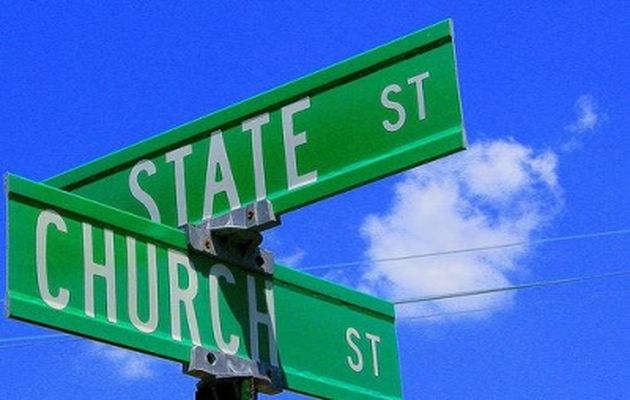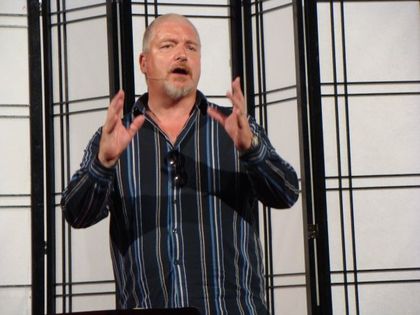“Secularism seems to fit many religions very well”, Nick Park
“A secular society, with a firm separation between Church and State, is beneficial for both society and the Church”, Secretary General of EAI wrote in an article.
Irish Times · DUBLIN · 04 MARCH 2016 · 15:30 CET

Nick Park, Secretary General of Evangelical Alliance Ireland, has written an article in the newspaper Irish Times, about the separation between church and State.
Park started his article quoting what Peter Berger said in 1968 in the New York Times: “by the 21st Century, religious believers are likely to be found only in small sects, huddled together to resist a worldwide secular culture.”
Thirty years later, Park said, the author of those words recognised “that he and other sociologists had got their predictions so spectacularly wrong because of their own bias against religion.”
However, the Secretary General believes that “Berger was in many ways correct. The world has grown increasingly secular.”
“SECULARISM SEEMS TO FIT MANY RELIGIONS WELL”
“Religious organisations have, slowly but surely, seen their political and cultural influence eroded. Establishment religions and State churches have haemorrhaged hundreds of millions of members”, he stated.
At the same time, “counter-cultural forms of religion that demand intense, even fundamentalist, belief have continued to grow rapidly”, Park commented.
Something similar has occurred within atheism: “in the last 50 years the raw number of self-professing atheists worldwide has decreased sharply, largely due to the collapse of Communism.”
But “this decline in ‘nominal atheism’ has been accompanied by a rise in the visibility and influence of those who passionately hold atheism as a convictional belief.”
Although “Popes and archbishops (of various denominational stripes) regularly condemn the bogeyman of secularism as a social evil that threatens to destroy religious faith”, Park pointed out that “the evidence increasingly points to a very different conclusion. Secularism seems to fit many religions very well.”

DOCTRINAL AND POLITICAL SECULARISM
UN Special Rapporteur on Freedom of Religion and Belief, Heiner Bielefeldt distinguished between ‘doctrinal secularism’ and ‘political secularism’:
Doctrinal secularism refers to the desire to eradicate religion from the public sphere altogether.
While Political secularism refers to the ideal of the separation of Church and State. By this definition, secularism refers to a society where religion is afforded no special privileges, but nor is it subjected to any special restrictions or penalties.
“In this understanding of secularism, the religious should have the same rights and opportunities as would similarly-sized groups of vegetarians, atheists, or any other voluntary associations”, Park affirmed.
He mentioned Martin Luther King Jr and William Wilberforce, as examples of how “living in a secular society does not silence the religious, nor does it prevent them from engaging in political activity.”
“CHRISTIAN SECULARIST”
Park described himself as ‘a Christian Secularist ’ because he argued “that a secular society, with a firm separation between Church and State, is beneficial for both society and the Church.”
He recalled that “history demonstrates that religions behave badly when they hold political power”, and said that there are examples of it in early Christianity and reforming movements.
Besides, “the 20th Century demonstrated that atheists behaved with equal savagery when they found themselves in a position of power”, because “the problem lies not in religion, but in our human condition.”
“Religions and ideologies are at their best as part of a secular pluralist society where we can all share our faith, or lack of it, on a level playing field. I want the best for my country, and I want the best for my faith, so I thank God for secularism”, he concluded.
Published in: Evangelical Focus - life & tech - “Secularism seems to fit many religions very well”, Nick Park
